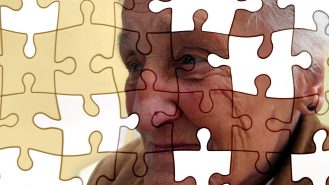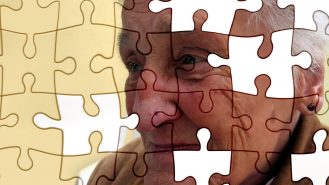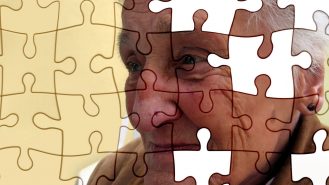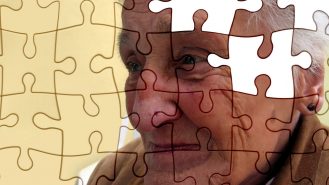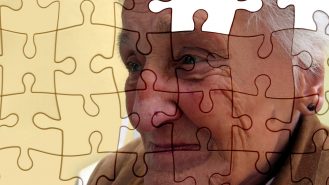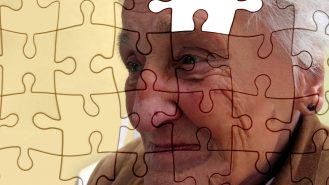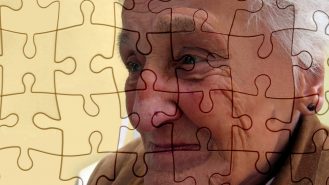Course organiser:David Chapple
Presenter:Various presenters
The issues on which this course is based have been chosen because they are current and have the tendency to polarise opinion. The presenters are all experts in their particular fields and will outline current thinking and endeavour to peel away the emotion attached to the topics. The sessions will invite discussion between members and presenter so that whatever opinions we hold on those topics at least we come away better informed.
24 Sep:
(a) Bruce Massei on 'Flags in general, their purpose, their meaning & changes that have occurred to flags in the past' then (b) John Burrows ONZM, QC on 'The Future of our national Flag': Bruce is a member of the NZ Flag Association.
Emeritus Professor John Burrows ONZM, QC is Chairperson of the NZ Flag Consideration Panel.
1 Oct:
Frank Tay on 'Evaluating Foreign Investment in New Zealand': Frank Tay is a past Dean of Arts & Head of Economics at the University of Canterbury.
8 Oct:
Tony Conner on 'Genetic Modification': New Genetic Technologies – the blurring boundary between genetic modification and traditional breeding.Dr Conner, FRSNZ is the Science Group Leader of Agresearch at Lincoln.
15 Oct:
Suzy Austen on 'Voluntary Euthanasia': Susy is the chairperson of the Wellington Branch of the Voluntary Euthanasia Society of NZ. Her talk is entitled, "I'd Like to Have the Choice Please".
22 Oct:
Ursula Cheer on 'Prurience, Privacy and You: New Zealand laws impacting on our right to be let alone.' Professor Cheer comes to us from the School of Law of the University of Canterbury.
This talk will cover the increasing number of laws that have developed to protect privacy in the information age. This includes the right to sue for publication of private information or for intrusion into seclusion and trespass, the ways to complain about breach of privacy by broadcasters, newspapers and news websites, the operation of the Privacy Act, criminal offences that arise from breaches of privacy, the use of interception devices, and when criminal convictions can be kept private.
